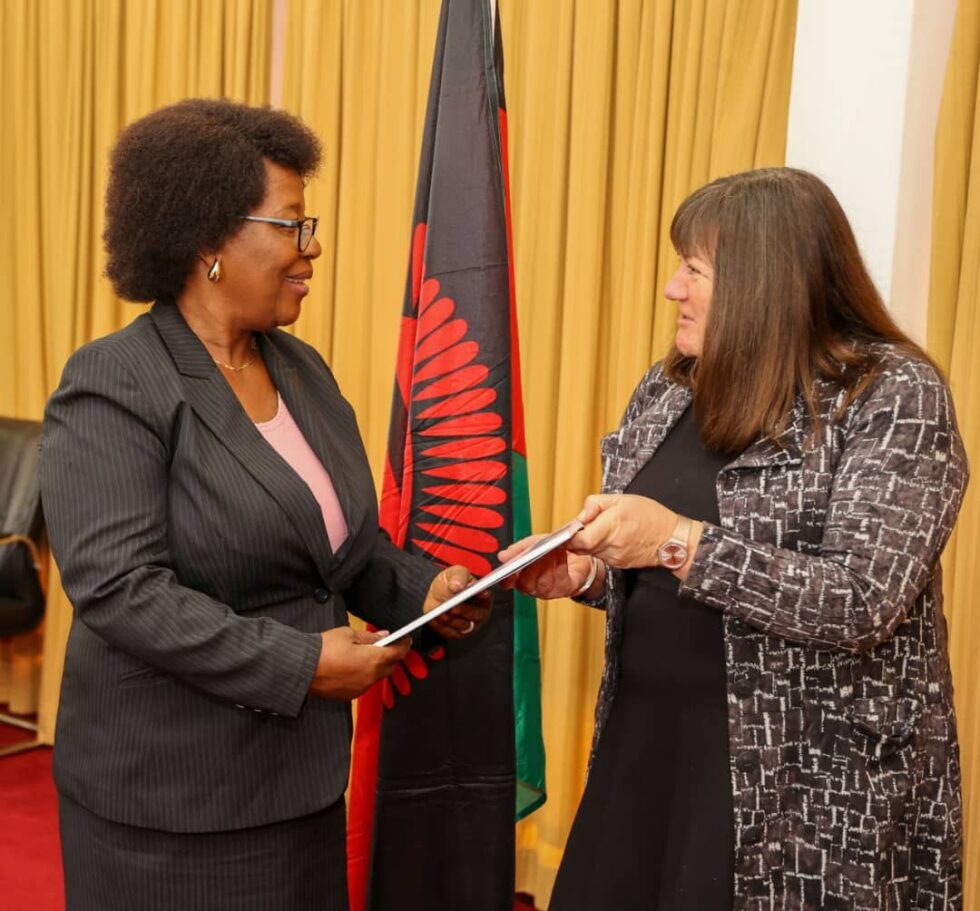By Burnett Munthali
Vice President Dr Jane Ansah on Thursday received outgoing Japanese Ambassador Yoichi Oya, marking the end of a diplomatic tenure that significantly advanced Malawi–Japan collaboration.
Ansah used the farewell meeting to honour Ambassador Oya’s contribution, noting that his stewardship strengthened ties and expanded areas of partnership between the two countries.

She reflected on the long-standing bond formed between Malawi and Japan since 1964, a relationship rooted in mutual commitment to progress, respect, and development-focused cooperation.
The Vice President highlighted Japan’s unwavering support in essential sectors, pointing to investments that have impacted the nation’s health systems, energy development, educational programmes, agricultural initiatives, and infrastructure improvements.
She cited several notable Japanese-funded interventions, including the construction of the Lilongwe River Bridge, upgrades to electricity substations in Kanengo and Old Town, and enhancements at Domasi Technical College of Education.
Ansah also recognised the immense value of the Japan Overseas Cooperation Volunteers, noting that Malawi hosts more Japanese volunteers than any other country due to its peaceful environment and cultural compatibility.
She further applauded Japan’s continued commitment to revamping the Nacala Corridor, describing it as a vital trade artery that supports economic activity across Malawi, Mozambique, and Zambia.
In his remarks, Ambassador Oya extended congratulations to Ansah for her victory as Vice President in the September 2025 elections and reflected on his six years of service across two diplomatic terms.
He shared that one of the most unforgettable and painful experiences of his posting was witnessing the destruction caused by Cyclone Freddy, which left a profound emotional impact on him.
Ambassador Oya concluded by expressing gratitude for the hospitality he experienced in Malawi, saying he cherished his time in the country—from the beauty of Lake Malawi to the vibrancy of Japan Day—and hoped that Japanese culture would continue to flourish after his departure.










